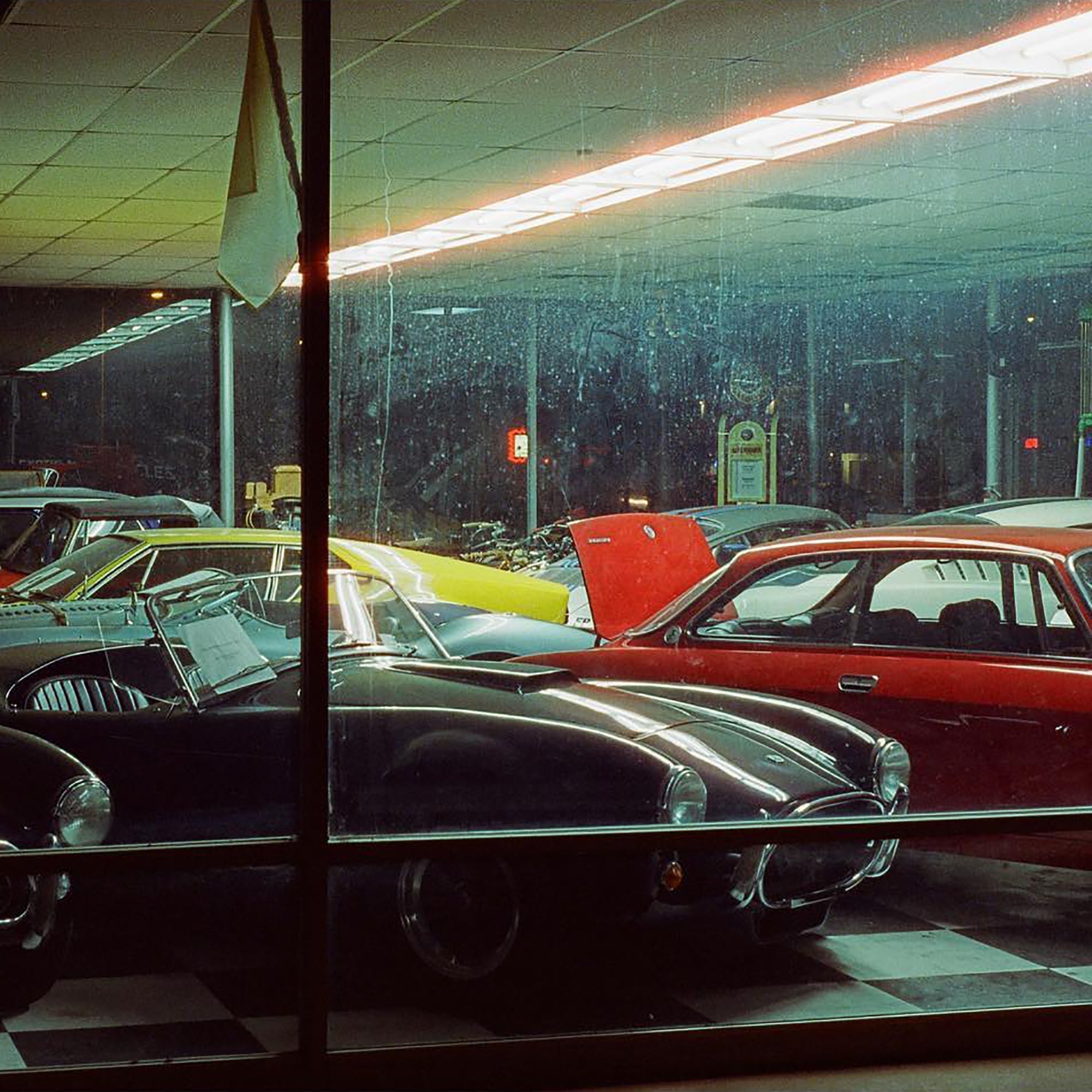I’ve been obsessed with cars for as long as I can remember. Growing up in Deep Cove, just outside Vancouver, we had normal family cars — but my neighbor’s ’60s E-Type Jaguar convertible might as well have been a spaceship. I didn’t collect sports cards; I collected a Corvette-themed set called VetteSet and tore pages out of duPont Registry, circling dream cars I’d “buy” at 16. By high school, I was working at a car audio shop, adding decibels to everything from sedans to exotics. My first car was a ’97 Honda Civic Si, later came a Suzuki GSX-R750, an Audi SQ5, and my current C63s sedan. For me, the sound each made wasn’t just noise — was identity, freedom, and the purest form of self-expression.
So when I saw the headline, “Young guys who like loud cars are likely to be psychopaths, study suggests,” I had to click.
The claim came from Western University psychology professor Julie Aitken Schermer, who told CBC she was inspired to investigate after being repeatedly startled by loud cars while walking her dog. She surveyed 529 undergrad business students — average age 18 — on whether they’d make their car louder, if they thought loud cars were “cool,” and how connected they felt to their vehicles. They also took a Short Dark Tetrad personality test, which measures traits like narcissism, psychopathy, Machiavellianism, and sadism.
Her conclusion? “It was sadism and psychopathy… predicting who wants to modify their mufflers, who feels more connected to their vehicle, and they think loud cars are really cool.” In other words… me.
And I wasn’t the only one who saw themselves in that description — or had thoughts about it.
James Ochoa’s The Street piece walked through the findings but also spotlighted the skepticism. He quoted Reddit users who took aim at the methodology, with one saying the professor had surveyed “the most psychopathic and sadist-prone program available at a post-secondary institute.” Another noted it was “disingenuous to report that those who enjoy loud cars skew young, since all participants were young.”
My favorite part, though, was the debate over noise quality: one commenter said they appreciated “a nice sounding car like a supercar [or] muscle car with a properly tuned exhaust” but had no patience for “some kid… who just likes to make pops and bangs.” That’s the nuance you don’t get in a psych study — there’s a big difference between engineering a beautiful exhaust note and just making noise.
Logan Carter’s Jalopnik article hit similar points, describing the study group as “a very small subset of car people” and joking that business students in London, Ontario, weren’t exactly a cross-section of global car culture. He brought in Bailey Trap, a shop owner who compared custom exhausts to “an extravagant outfit” — a way to stand out and show personality. That resonated with me.
Cars for me, have always been about sound, style, and feel — not about startling dogs on campus walks. Carter wrapped by reminding readers that the car world is huge, full of wildly different personalities, and that painting everyone with the same psychopathy brush is missing the fun of it all.
Why Young Psychos Exists
Reading both articles, I realized what was really interesting wasn’t just the study — it was how much passion, nuance, and humor came out in the reactions. That mix of pride, defense, and inside jokes is exactly what makes driving enthusiasts special.
At first, I thought of starting the “Young Psychos Car Club” as a tongue-in-cheek response to the headline. But the more I thought about it, the more I saw a gap: surf culture has its brands, skateboarding has its brands, but car culture? You either get dealership merch or hyper-niche shirts that only make sense if you own a specific model.
So I dropped “Car Club” and built Young Psychos as a design-forward streetwear brand for people who see cars as more than machines — who obsess over the sound, the build, the detail. Not to startle strangers, but to connect with something they love.
If a psychology study wants to call us “psychos,” fine. We’ll own it — and make it a badge worth wearing.
Cory Dawson, Founder of Young Psychos

